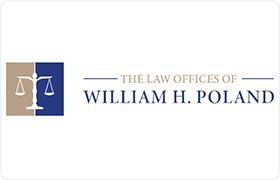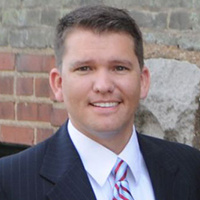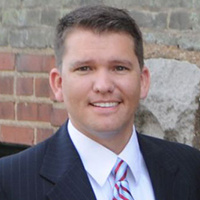Ashland City Misdemeanor Lawyer, Tennessee
Sponsored Law Firm
-
 x
x

Click For More Info:
-
Law Offices of William H. Poland
408 Franklin St Clarksville, TN 37040» view mapCriminal Defense Law Sound, Professional, & Timely Service
As your attorney, you can be assured that we will use our best reasonable efforts to conclude your matter favorably and to keep you advised of the status of your case.
800-810-3461
Not enough matches for Ashland City Misdemeanor lawyer.
Below are all Ashland City Criminal lawyers.
Michael Joseph Flanagan
✓ VERIFIEDPracticing since 1981, Mike has seen it all. Mike is an excellent trial attorney. He is both a master of the law and quick on his feet. No case is t... (more)
Thomas Travis Overton
✓ VERIFIEDI am Tommy Overton, and I have represented hundreds of clients for over 30 years as a criminal defense lawyer in Nashville, Tennessee. If you have bee... (more)
William H. Stover
✓ VERIFIEDWilliam Stover is an experienced Tennessee attorney who provides premier legal services to clients seeking help in the areas of personal injury, crimi... (more)
Will Hall Poland
✓ VERIFIEDWhat to know: We are a full-service law firm that focuses on the interest of our clients. I practice in the areas of: Bankruptcy Law, Criminal Law, Co... (more)
David L. Raybin
FREE CONSULTATION
CONTACTFREE CONSULTATION
CONTACTFREE CONSULTATION
CONTACT Will Poland Clarksville, TN
Will Poland Clarksville, TN Practice AreasExpertise
Practice AreasExpertise




